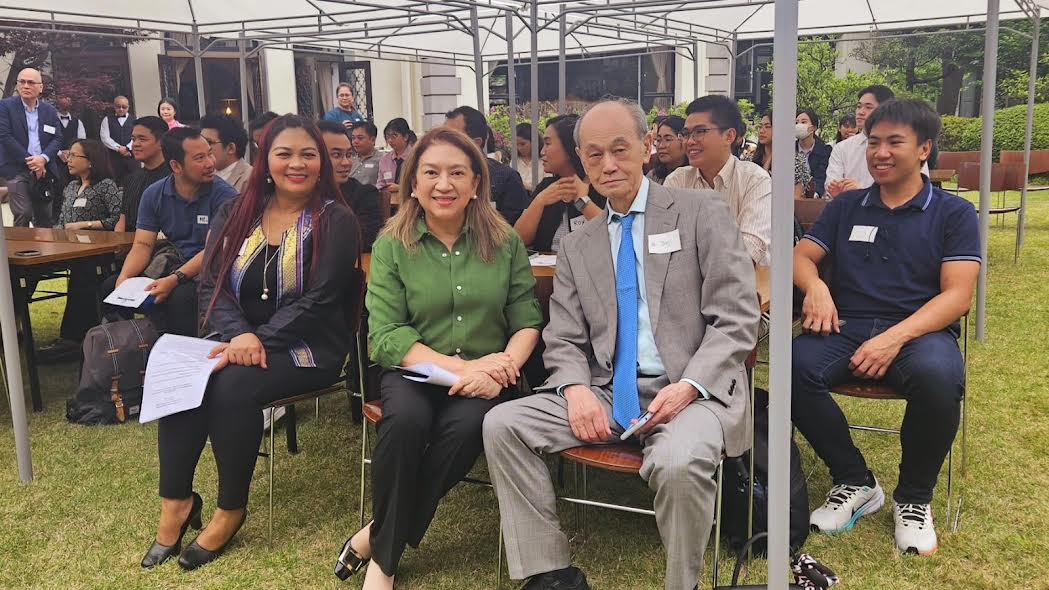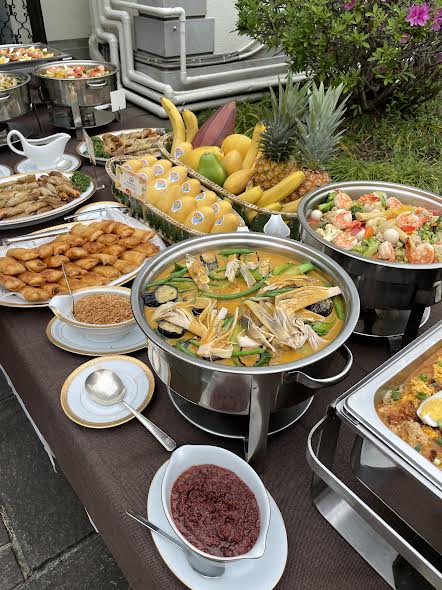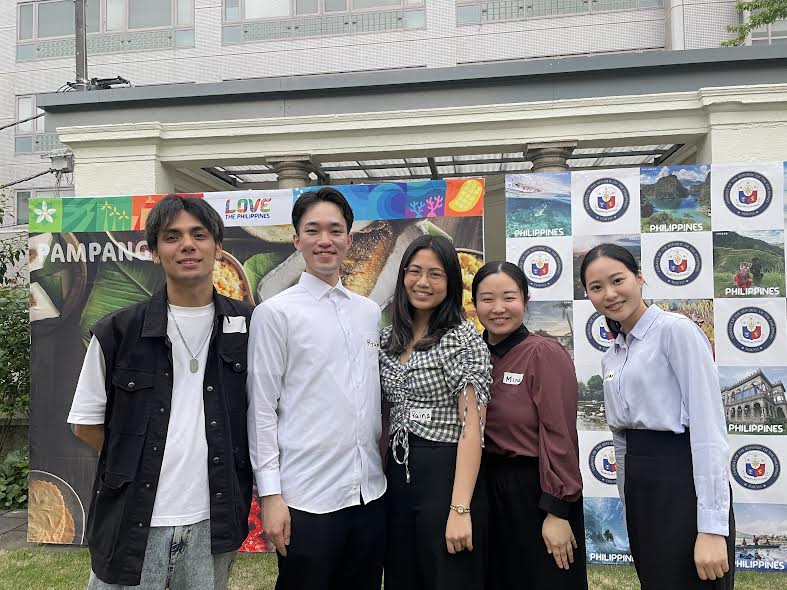What Filipino food tastes like on the Japanese palate
Last month was—in a word—delicious, cherished by us Filipinos worldwide

Last month was—in a word—delicious, cherished by us Filipinos worldwide.
It was Filipino Food Month. This annual event, held throughout April, is a time to honor and showcase the diverse culinary heritage of the Philippines. I often lament over what the world is missing when it comes to Filipino food. I’ve heard foreigners complain about the oil content and how much we love our meats to the point we forget our veggies and, to that, I always say one thing. “Either you don’t know where to eat, you don’t know what to order, or the flavors are too complex for your palate.”
This is why I love that our country’s embassies really make it a point to promote our food, especially during this time of year. Here in Tokyo, the Philippine Embassy cooperated with the Office of the Philippine Agricultural attaché and the Mama Sita Foundation to hold a special event that paid tribute to Filipino home cooking and the vibrant youth community in Japan.
“Through the shared experience of food, we deepen our cultural bonds and celebrate the richness of Filipino heritage,” said Philippine Ambassador to Japan Mylene Garcia-Albano as she welcomed guests to the event. “It is always heartening to see the Filipino community coming together in showcasing the vibrant flavors and traditions that define our nation.”

A highlight was the debut of Flavors of Filipino Cuisine–Lutong Bahay ni Mama Sita sa Japan’s first episode. This video series, created in collaboration with the Mama Sita Foundation, offers a glimpse into the heart of Filipino home cooking, featuring beloved recipes such as seafood lumpia and crispy pata kare-kare. It’s an exploration of Filipino culinary traditions passed down through generations.
The event brought together Filipino students, scholars, and cadets studying in Japan, as well as Japanese students taking up Filipino Studies at the Tokyo University of Foreign Studies (TUFS). It was a vibrant gathering that celebrated cultural exchange and camaraderie through a shared love of food and the hope that they would be able to share Filipino dishes with their friends.
Promoting cultural exchange and friendship
Participating in cultural activities often fosters a stronger affinity for another country among individuals.
“When I was in junior high school, around 12 years old, I didn’t like going to school or anything,” recalled student Mina Nomura who admitted to having suicidal thoughts at such a young age. At 13, she joined a two-week English program in the Philippines, where she met children who shared with her their dreams of becoming a doctor or teacher someday even when their family couldn’t afford the private education. “They inspired me a lot and the Philippines changed my life.” Now, a smiling Nomura admits to becoming a fan of the Philippines, which is why she decided to major in Philippine studies at TUFS. She adds that, after her studies, she would like to become a teacher who can help foreign students enjoy their time in Japan.
Ryuki Sano’s entry into the program was through dance. “I’m on my fourth year now and I study Russian but I joined the school festival and saw the diversity of Filipino dances, which got me interested in the Philippines. It made me so interested in Filipino culture and now, I’m learning the Filipino language and planning to go to Manila to deepen my knowledge of dance.”

Filipino PhD student Nico Rallonza was also among the guests. He’s currently earning his degree at Sophia University, taking up Food Studies with a focus on Philippine coffee and specialty coffee farmers. “My question is how our farmers can participate in this new market segment and how we can further empower them. Part of me being here is that we’re one of the key players in Japan’s interest in specialty coffee.” After earning his doctorate, Rallonza says he will be coming home to work with our farmers. “Take everything I’ve learned here and help produce more opportunities for our people,” he added.
Agriculture Secretary Francisco Tiu Laurel Jr., in a message delivered by agriculture attaché Aleli Maghirang, emphasized the importance of promoting Filipino agricultural products and cuisine in international markets. A sentiment echoed by Ryoji Tsuji of Diamond Star Corporation, a major supplier of Philippine products in Japan. Mark Reyes Lapus, Mama Sita Foundation trustee, also sent in a video message to talk about their mission to promote and preserve Filipino flavors and cuisine.
The event concluded with a feast featuring an array of Filipino dishes prepared by chef Loida Ozaki of New Sanno Hotel and the Philippine Embassy’s Ricky Arrangote. Of course, there was kare-kare on the menu and the best mangoes in the world that can only come from the Philippines.